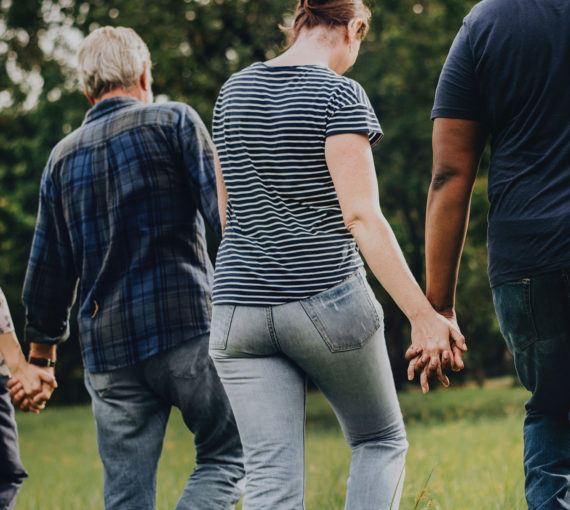
Understand and appreciate that most people are doing the best they can! (Photo: Pixabay via Pexels)
Are you the eco-friendliest person in your home?
Whether you live with a partner, family, roommates or in a communal setting, the people that share your space may be the hardest to green.
The living planet needs us to cut carbon, go zero waste, rethink what we eat, avoid toxic chemicals, reduce consumption, choose active transportation and reconnect with nature. How can you get your kin to buy in?
- Understand and appreciate that most people are doing their best.
- Connect on shared values.
- Host a meeting to co-create house agreements.
Establish green house agreements
Not everyone responds well to rules. Try out these ideas. See what works for your household.
- Bring food and drinks. This boosts energy and promotes conversation. It can also help dodge eye rolling and the “groan zone” — where people get irritated and bring low energy.
- Hold space. Listen more, talk less and ask questions. Trust that you know enough to lead!
- Brainstorm. Ask each person to contribute at least one new idea. Emphasize that no contribution is too small or too big. (Solutions already in your housemates may surprise you.)
- Write agreements down and post for all to see. Use sticky notes on a dedicated wall or bulletin board.
- Set dates for implementation. Consider offering a prize or incentive.
- Gamify. If competition suits your household, create a challenge. Who can save the most water? Whose idea most reduced the power bill?
- Challenge your networks. Invite friends, relatives and/or neighbours to play along.
- Be open. Some things will turn out better than planned!
The best part about going green as a household? Being on a supportive team makes many of us more effective. And collaborative solutions are more likely to work than going it alone.

Is your pet care planet-friendly?
Pet dogs and cats have an impact on the planet. The good news is that what you feed them and how you care for them can help reduce your environmental “paw print.” It might even make your animal companions healthier.
Lead by example
Whether you decide to implement green agreements or find collaborative ways to help your household take part in new green behaviours, you can inspire those you live with by what you do!
Take time to spell out why you choose to adopt a green habit and the positive impact it has on your life and nature.
Some ideas:
- Frequent farmers markets together to get seasonal fruit and vegetables.
- Make delicious salads with edible perennial plants you grew at home.
- Host a clothing swap with family, friends and neighbours.
- Give green gifts e.g., local chocolate in a beeswax wrap, local zero waste soap or shampoo in a reusable bag, etc.
- If you have a yard or access to green space, plant a butterfly garden together.
- Wash and re-use plastic bags.
- Make DIY cleaners.
- Go thrift store shopping together.
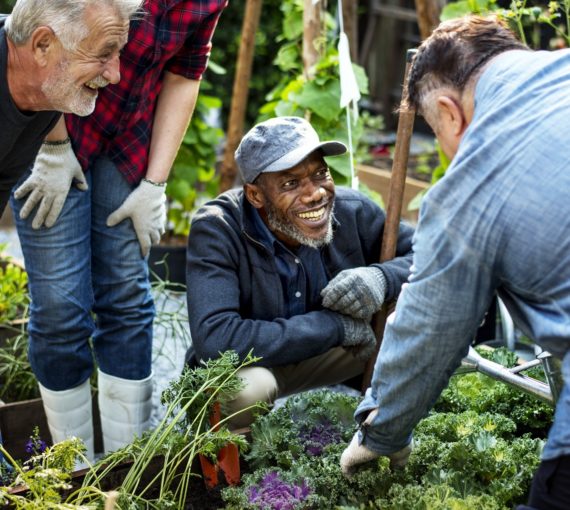
Need more inspiration?
There are many low-barrier ways to green your daily life. Start where you are and choose your path!
Talk about climate change
Conversations about climate change can trigger frustration, despair, anger and embarrassment, but one of the most important things you can do to help with the crisis is talk about it. People trust peers, family members and loved ones more than experts, scientists and environmental organizations.
These resources can help you learn how to discuss global heating in ways that bring people with differing perspectives together over shared values. You can apply these skills to any difficult conversation!
Green household tips from our staff!
We asked David Suzuki Foundation staff about their green household practices:
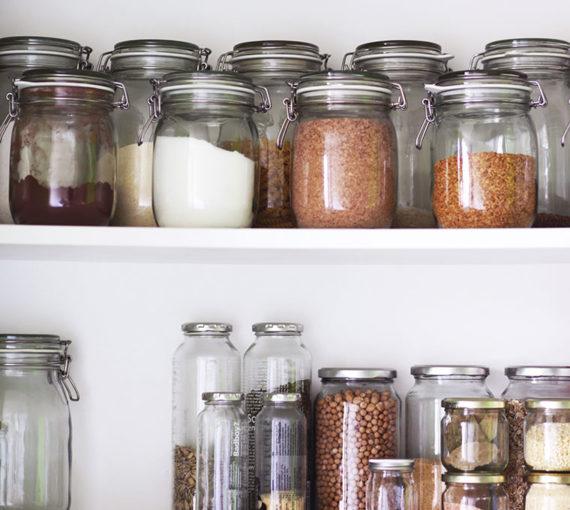
“We meal plan weekly and switched to a grocery delivery service that provides low-waste and locally sourced food. This planning saves trips to the grocery store, money, fuel and time. It also cuts down on food waste because we’ve planned meals ahead, only buy what we need and eat mostly organic and/or local.”
“When my partner and I started living together, I showed them how I go zero waste shopping. Now, we buy most of our food in zero waste shops and markets (and try to buy local and organic as much as possible). I’ve never imposed rules, so the changes come naturally. They recently bought the same reusable tissues as mine and are changing more habits. It’s great!”
“We wash and re-use plastic bags. We also try to do as much shopping as possible at the farmers market so we can eat seasonally. We make an activity of canning fruits and jams together so we can enjoy those foods year-round.”
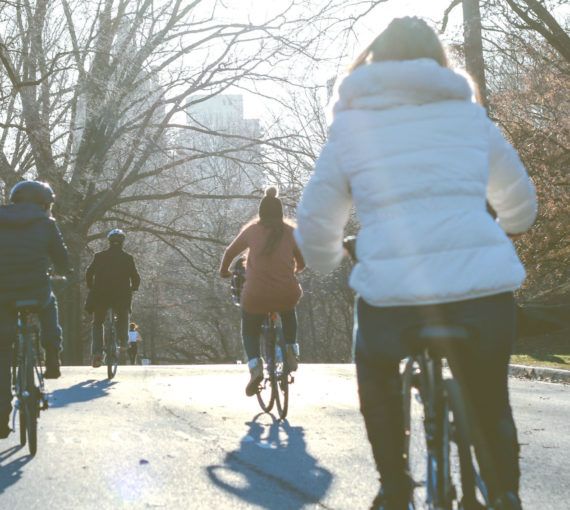
“We take the bike over the car whenever possible, and I have a lot of discussions with my kid about how it is better for the environment than driving. We also talk about reducing our household consumption. My kid reminds us to use reusable bags and to make homemade snacks so we can avoid packaging whenever possible. We also try to connect with other families living sustainably and share resources.”
“We switched to a bidet and only use washable cloth wipes instead of toilet paper. Several of our friends have bought a bidet after seeing ours. Usually, people are super curious about it and have lots of questions. Talking to us about ours helps them feel more comfortable adopting the practice themselves.”
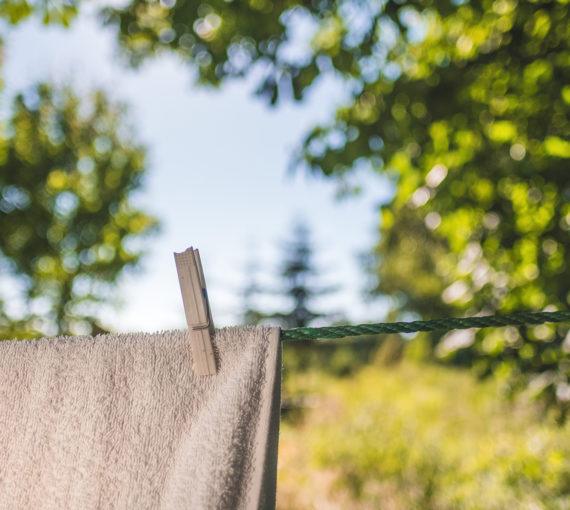
“My partner and I have a fun rivalry with each other trying to innovate new ways of living sustainably within our small apartment. It is very inspiring and motivating! It is funny coming home to discover some new contraption, system or improvement the other has created. (Stringing a clothesline across the Juliette balcony is one of the best inventions we’ve come up with so far!) We find books on the topics that speak to each others’ interests to give as gifts to encourage one another (zero food waste cookbooks, homesteading guides, DIY building/furniture making with reclaimed materials, etc.). We sometimes spend the weekends going thrifting or hunting the free section of online marketplaces for items to pick up, re-use, refurbish and/or resell. We try to make it all fun and creative and adventurous and bonding. It helps us keep each other accountable because we honour the effort, commitment and passion the other puts in.”

